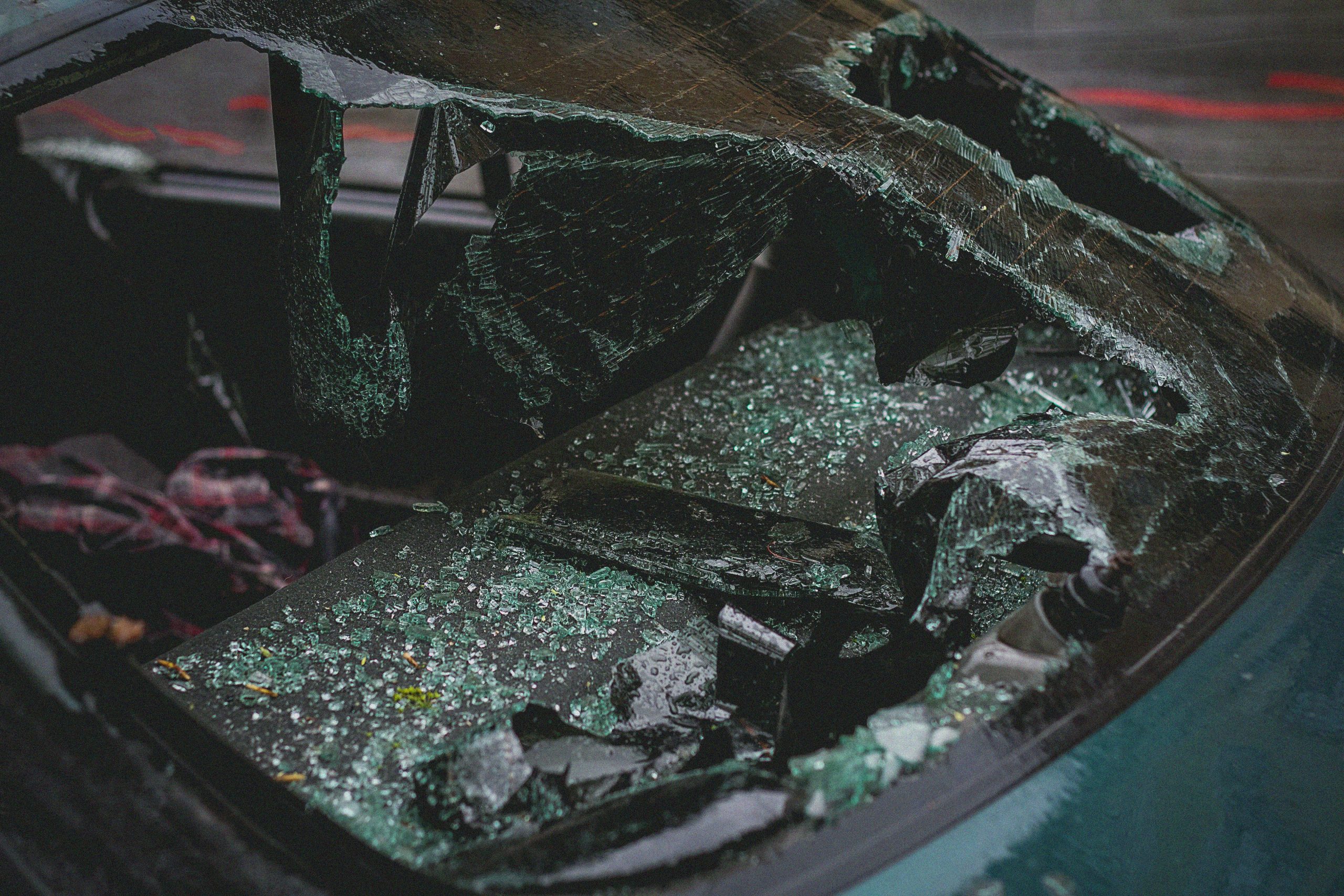The Importance of Maintaining Continuous Auto Insurance Coverage
When it comes to auto insurance, many experts emphasize the importance of avoiding any lapses in coverage. But what happens when your driving situation changes, like losing your car and not planning to drive for a while? Should you consider adjusting your policy, or is it better to maintain your current coverage?
Recently, an individual who faced this dilemma reached out to their insurance agent for advice. Living in Ohio, they found themselves in a position where they no longer needed a full auto insurance policy. Instead, they wanted to switch to a non-owners policy, a type of coverage designed for those who may not own a vehicle but still need liability protection in certain situations.
To their surprise, the agent revealed that very few people opt for this transition— stating that this would be the first non-owners policy he had written in several years. This encounter raises an important question: how crucial is it to keep some form of auto insurance, even if you’re not currently driving?
The short answer is that maintaining continuous auto insurance is generally advisable. Here are a few reasons why:
-
Avoiding Coverage Gaps: A lapse in your insurance can potentially lead to higher premiums in the future. Insurers often view continuous coverage as a sign of responsible driving behavior, and a gap can negatively impact your rates when you decide to insure a vehicle again.
-
Legal Requirements: Depending on where you live, you may still be legally required to have some form of insurance coverage, even if you’re not driving. Ohio has specific regulations, so it’s essential to understand your state’s requirements.
-
Protection From Unforeseen Circumstances: A non-owners policy could save you if you’re borrowing a friend’s car or if your circumstances change unexpectedly and you find yourself needing to drive again. Having insurance in place can provide peace of mind during these times.
-
Affordable Options: In the case mentioned, the six-month premium for the suggested non-owners policy was just $110. This relatively low cost can offer valuable protection and flexibility for a modest investment.
In conclusion, while the prospect of dropping your auto insurance may seem tempting in the short term, maintaining at least a basic level of coverage can offer significant long-term benefits. It’s always wise to consult with your insurance agent about the best options for your situation, ensuring that you’re not only compliant with legal requirements but also safeguarded against unexpected developments down the road.



